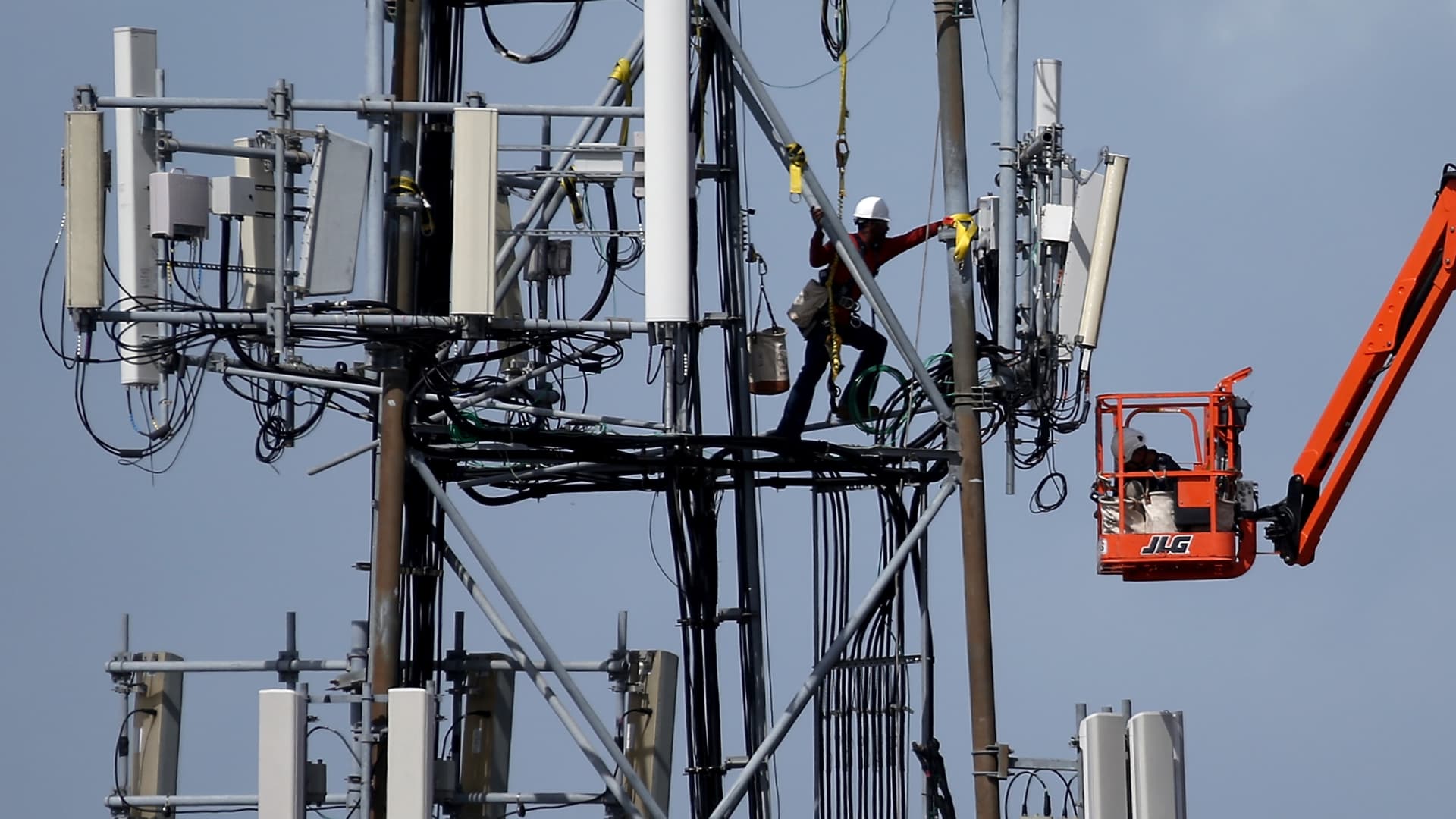
Apple expands Self Service Repair to Mac notebooks.
Apple
Apple said on Tuesday that it supports nationwide right-to-repair regulation that would make iPhone parts and tools available to customers, the latest sign of the company’s shift toward supporting independent repair.
Apple is an important symbol for the right-to-repair movement because its products are so widely used and because so many users have encountered a cracked iPhone screen or used-up battery that required a trip to a repair or Apple store. Apple said it sees “real value” in a national law at a White House event on Tuesday.
The Biden administration is pushing for right-to-repair as part of a broader effort to cut so-called “junk fees” and other anti-consumer practices that raise prices. Biden issued a right-to-repair executive order in 2021 directing the federal government to enforce current repair laws to promote competition.
Advocates say that right-to-repair rules save consumers money and help the environment by preventing useful devices from being tossed into landfills.
“The basic right to get a product repaired can also save farmers thousands of dollars when their tractor breaks down, and can create opportunities for small independent repair shops to thrive,” said Lael Brainard, director of the National Economic Counsel.
Brainard hailed Apple’s and Microsoft’s “voluntary commitment” to offer parts and tools and called for Congress to pass a “national right to repair law.”
“From smartphones to wheelchairs to cars to farm equipment, too often manufacturers make it difficult to access spare parts, manuals and tools necessary to make fixes,” she continued.
In a short talk, Apple service VP Brian Naumann said that Apple makes parts, tools, and manuals available to independent repair stores in the U.S., highlighting the company’s current policy under its self-service repair program.
“Apple also supports a uniform federal law that balances repairability with product integrity, data security, usability, and physical safety,” Naumann said.
No draft legislation was announced on Tuesday, but in the White House session, several panelists suggested that it could be modeled after existing state bills, including laws passed in California, Colorado, Minnesota, and New York.
Apple supported the California right-to-repair bill and said that it would follow its requirements across the U.S. Apple said at the time that it is concerned about independent repair shops using authentic parts, instead of knock-offs, as well as ensuring that independent repair shops cannot turn off Apple’s software-based anti-theft remote locks.
Naumann outlined Apple’s priorities on Tuesday:
“We believe that a uniform federal repair law should do the following: Maintain privacy, data and device security features which help to thwart theft; Ensure transparency for consumers about the type of parts used in a repair; Apply prospectively, to allow manufacturers to focus on building new products that can comply with the proposals; And finally, create a strong national standard that benefits consumers across the US and reduces the confusion created by potentially conflicting state approaches.”
The recent endorsement of the California law and the pending national bill is a shift from Apple, which previously opposed right-to-repair laws. It makes money by selling AppleCare+ extended warranties for all of its major project lines, which also drive traffic to its stores.
But Apple has relaxed its position in recent years, introducing a program to rent tools and buy parts in 2021. Recent iPhones have been designed to make screen and battery switches easier. And Apple is increasingly marketing itself as an environmentally friendly company.







